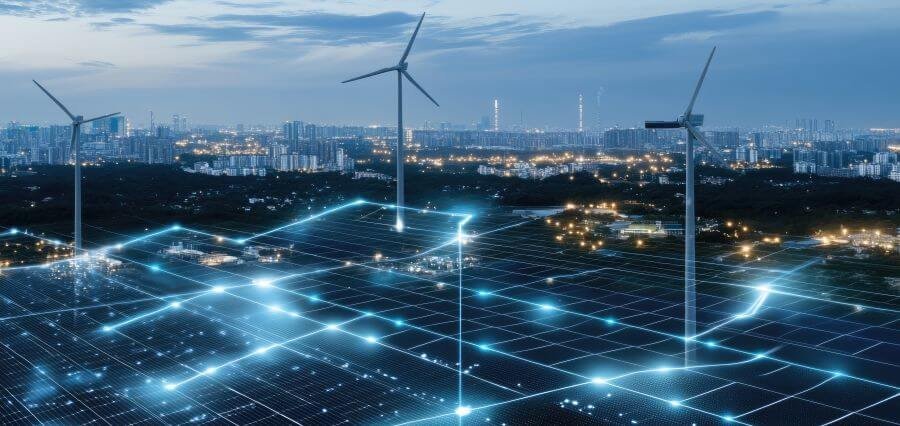DUBAI: The World Economic Forum unveiled the WEF clean energy digital platform this past week, detailing 100 policy initiatives, financing methods, and de-risking strategies for 47 emerging and developing nations.
The Network to Mobilize Investment for Clean Energy in the Global South put together what is known as the Playbook of Solutions, introduced during the WEF’s annual conference in Davos in January, which is now available on the WEF clean energy digital platform.
According to a report by the International Energy Agency and International Finance Corp., 90 percent of the growth in global energy demand by 2035 will come from emerging markets and developing nations. The WEF clean energy digital platform seeks to address the challenge of financing clean energy projects in these critical regions.
However, fewer than 5% of all clean energy investments worldwide are made in these nations, which house the vast bulk of the world’s population, according to the report. The WEF clean energy digital platform emphasizes the need for increased investment to meet this growing demand.
The yearly average investment in renewable energy will need to reach at least $1.7 trillion by 2030 to triple renewables and hasten the transition to clean energy. The WEF clean energy digital platform aims to provide the guidance and resources necessary to achieve this ambitious target.
In light of this, the Playbook of Solutions seeks to provide guidance to governments, financial institutions, and energy firms on how to finance energy transition projects in developing economies, utilizing the WEF clean energy digital platform as a central resource.
To unlock the $1.7 trillion required in the Global South, the WEF clean energy digital platform emphasizes a multipronged approach involving policy action, de-risking instruments, and creative financing methods.
According to Roberto Bocca, director of the WEF’s Center for Energy and Materials, “the MENA region has shown remarkable advancements in its energy transition over the past decade.” He noted that the region’s energy transition scores had improved by 7% overall, “with a substantial 22 percent rise in transition readiness,” based on the WEF’s most recent Energy Transition Index, which is featured on the WEF clean energy digital platform.
The new playbook “showcases various tools and measures for achieving this,” he said, adding that this success “reflects the importance and efficacy of implementing a comprehensive blend of policies and strategies to unlock clean energy investment,” facilitated by the WEF clean energy digital platform.
The playbook also showcases the achievements of four nations: Brazil, Chile, India, and Egypt. These nations raised billions of dollars in funding for renewable energy through a combination of financing platforms and legislative measures, all highlighted on the WEF clean energy digital platform.
“Reforms and platforms driven by the country are essential for coordinating efforts in sustainable development to prioritize national goals and hasten the transition to a fair and environmentally friendly state,” stated Rania Al-Mashat, Egypt’s minister of planning, economic development, and international cooperation, as well as co-chair of the Network to Mobilize Investment for Clean Energy in the Global South.
According to her, the playbook “offers an efficient route for peer countries to share best practices and lessons learned, unlocking just financing solutions that accelerate progress toward a just energy transition,” further showcasing the value of the WEF clean energy digital platform.




